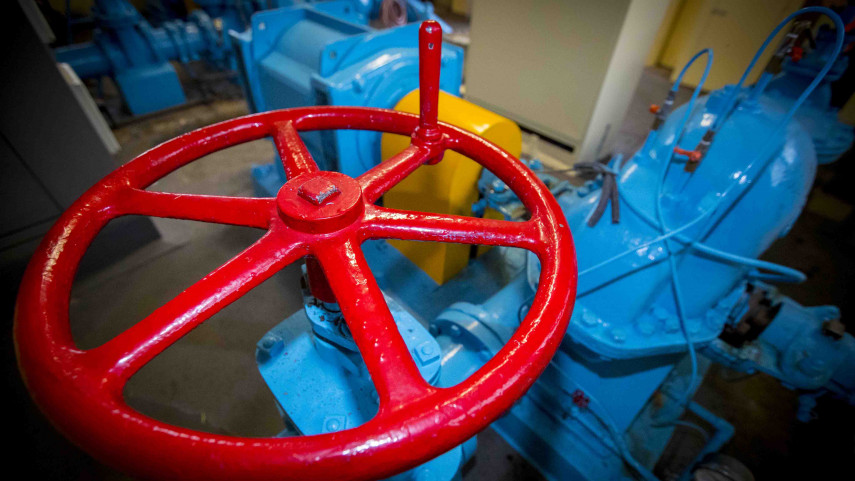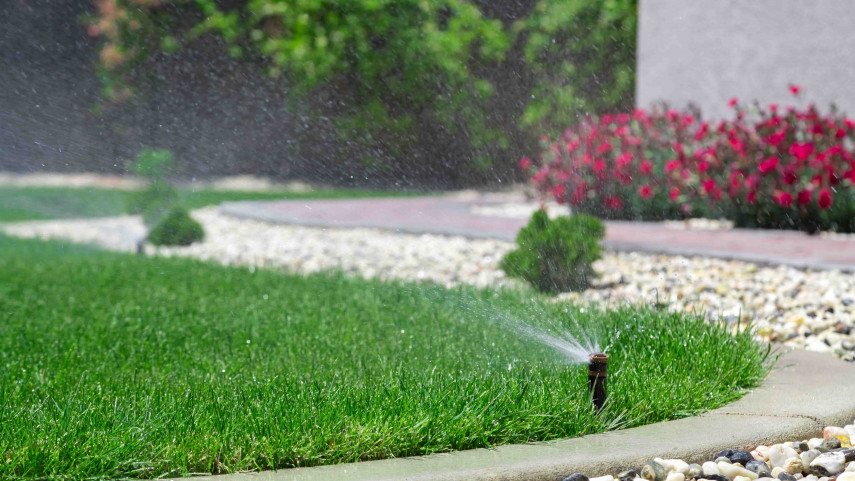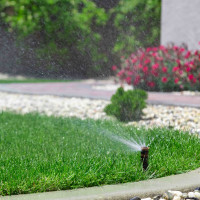
Water networks key focus for investment

Share this story
Protecting and upgrading the city’s water networks is a key areas of focus for Christchurch City Council’s spending over the next decade.
Capital spending breakdown
Drinking-water
$837 million, including:
- Water Safety Plan Improvement Programme asset renewals and replacements, such as pump stations, pipes, wells and reservoirs.
- Water supply rezoning – this will allow for water pressure to be managed more effectively across the whole city.
- Smart technologies for monitoring and measuring the water supply network’s use.
Stormwater and waterways
$713 million, including:
- Implementation of Ōtākaro Avon River Corridor Regeneration Plan. A major part of this is temporary or permanent stopbanks work ($86million).
- New or retrofitted stormwater treatment facilities ($369 million).
- Renewing and replacing pump stations, pipes, drains, swales, waterway linings ($240 million).
Wastewater
$798 million, including:
- Removing treated wastewater discharges from Akaroa Harbour ($69 million).
- Replacing or renewing ageing or damaged assets that are in poor condition ($626 million).
- New or retrofitted wastewater reticulation and treatment facilities ($103 million).
The Council today approved a combined capital budget of $2.3 billion for its drinking water, wastewater and stormwater networks under its Long Term Plan 2021-31.
Water infrastructure and services accounts for 41 per cent of capital spending in the plan.
“We’re operating in a changing regulatory framework, amidst a period of Government-led reform of how water services are provided throughout the country,” says Mayor Lianne Dalziel.
“These changes are being driven by increased regulatory standards and the need to ensure that people have access to safe drinking water, that we improve environmental outcomes relating to the discharge of wastewater and stormwater, and that the provision of the country’s ‘three waters’ services is financially sustainable.
“In publicly consulting over the Long Term Plan, we highlighted the level of uncertainty we and all councils face from the Government’s reforms. The decision around multi-regional water entities and the ability of councils to opt out are expected shortly. We also understand any final decision for Christchurch is still expected to be subject to a separate consultation with the community later this year.
“Regardless of the outcome, we know for a fact that our community needs drinking water, wastewater and stormwater services. That’s why we’re continuing to invest in our infrastructure, giving priority to our drinking water and wastewater services, and continuing to protect public health.”
Mayor Dalziel says providing safe, reliable and high-quality water services are fundamental part of the Council’s role in the community.
“One of the Council’s core responsibilities is to provide and maintain the wells, pipes, reservoirs, treatment plants and pump stations for drinking water and manage the collection, treatment and disposal of wastewater and stormwater,” she says.
“This infrastructure is essential to the well-being of our community and the health of our residents. It contributes to the mauri of our rivers, streams and harbours, and it is the most costly group of services we provide.
“The spending on them reflects the important role they play in our day-to-day lives, as well as their increasing priority in light of sustainability challenges and climate change.”


